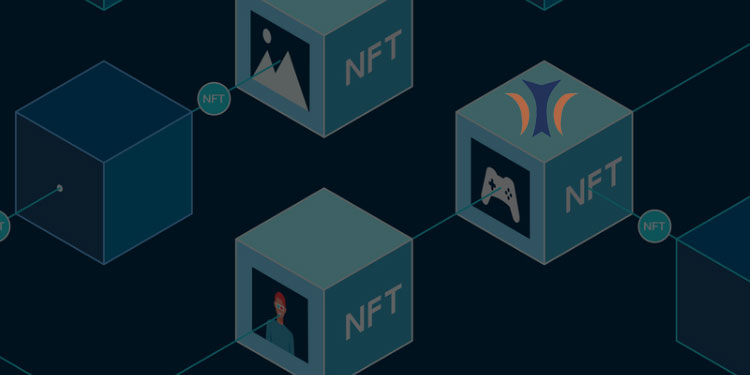Tomorrow, Ethereum co-founder Joseph Lubin’s blockchain incubator, ConsenSys Mesh will introduce its new NFT platform TreeTrunk.io at the ETH Denver developer conference.
Launching in a beta release on the Polygon Network’s Mumbai testnet, TreeTrunk presents a new smart contract that, for the first time in the Ethereum ecosystem, collects and distributes royalty payments from the secondary sales of non-fungible-tokens (NFTs) immediately on the blockchain. This eliminates the risk of centralized platforms failing to pay correctly or on time.
A group of NFT artists, including Ishita Banerjee, Brandon Breaux, Vimal Chandran, Parin Heidari, LA+CH, Logik, Sam Madhu, Arabella Proffer, Dilek Sezen, and Carmilla Sumantry will be featured at the launch. Each of them submitted one unique artwork to support the kick-off of the new NFT marketplace. Early collectors can test buying, selling, and making digital prints of these NFTs immediately.
These pieces will be the only works on the platform while the system is tested for stability and scalability. At a later release, collectors will be able to buy and sell them, and soon after, TreeTrunk will open up for all artists to create their own NFT families. For creatives, the business of promoting and selling their art can be a lonely, tournament-like game. Even with NFTs, artists tend to make little to no profit until they reach a certain level of popularity. The TreeTrunk process treats collecting, and fandom, more like a team sport.
Royalties on TreeTrunk + Zero-Knowledge
The TreeTrunk smart contract distributes royalty payments not only to a single creator but also to collectors who make and sell authorized digital ‘prints’.
Accordingly, the buyers of the prints can, in turn, make new prints from their NFTs until the number of generations set by the creator is achieved. This allows the artist to form a network that looks like a family tree around their work, generating passive income for themselves and their fans as the community grows.
Further, TreeTrunk includes a chat channel feature that can be accessed only by current holders of the NFTs in an artwork’s “family tree”. This gives owners exclusive access to each other, making every owner of a TreeTrunk NFT a real part of the value others get from buying into the family.
“The TreeTrunk approach holds the promise of building long-term financial strength for artists & other creators. It offers a business opportunity for influencers, who can hold first or second-gen NFTs and syndicate prints to collectors in their community, it can deliver financial inclusion by letting people buy into the ‘NFT family tree’ of their favorite artwork at a price they can afford.”
– TreeTrunk CEO, John Wolpert
In order to make authorized digital prints that can prove their relationship to an original, TreeTrunk took inspiration from traditional lithographic printing techniques and used zero-knowledge cryptography to develop what they call ‘crypto-lithography’. Zero-knowledge enables creators to shield their originals (treating them like plates of a lithographic printing process) while letting people see, enjoy and sell prints.
Each print is digitally unique, verifiably derived from the original plates, but also verifiably not the original used to create them. The TreeTrunk approach promises to help reduce problems of fraud and misappropriation plaguing the NFT community, especially when combined with a rising culture that assumes unsigned content is fake and filters it out.
“Unlike the previous NFT standard, with TreeTrunk the license agreement is embedded in the NFT metadata itself. Using TreeTrunk, NFT collectors will be better informed on what rights they are getting, and artists can more easily control their intellectual property.”
– Technology Attorney & TreeTrunk Co-Founder, Ira P. Rothke
